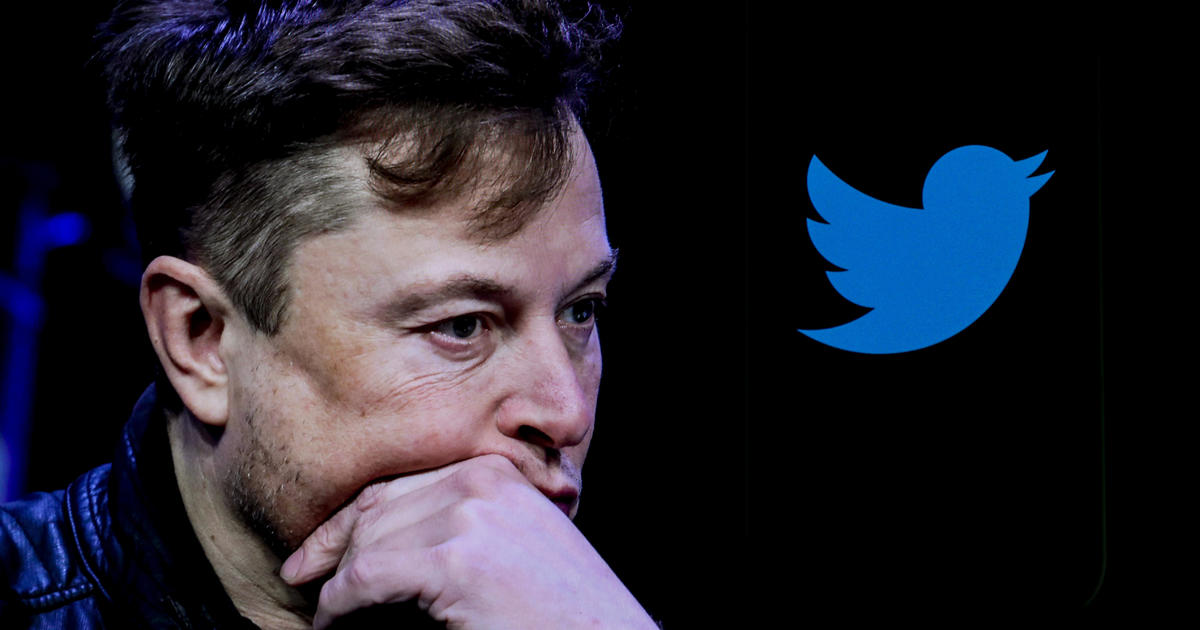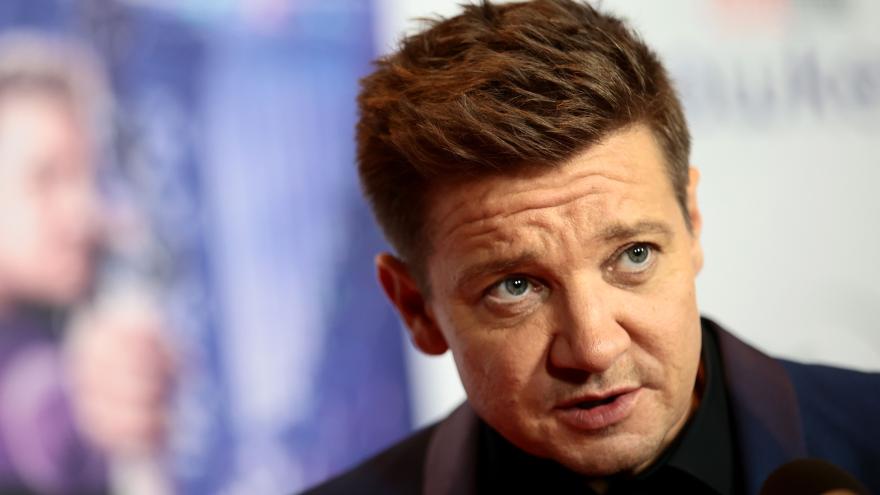In a turn of events that has stirred the space industry, allegations have emerged from former SpaceX employees.
They claim that their criticisms of CEO Elon Musk’s controversial tweets led to their wrongful termination.
This situation has sparked a legal battle with significant implications for employee rights and corporate culture at one of the most watched companies in the aerospace sector.
This summer, a collective voice of concern was raised by some SpaceX staff over Musk’s online behavior, which they argued cast a shadow over the company’s reputation.
These objections were not taken lightly; instead, they apparently became the reason for the dismissal of nine individuals.
According to the affected parties, this move was a direct response to their complaints, with five being shown the door immediately and the remaining four in the subsequent months.
Tom Moline, a notable figure among the terminated employees, expressed his disbelief to CBS News, highlighting the contrast between the company’s espoused values of open dialogue and the reality of the situation.
He, alongside Paige Holland-Thielen and six others who chose to remain anonymous, has since sought legal redress through the National Labor Relations Board, aiming to reclaim their positions.
Anne Shaver, a representative for the dismissed workers, lamented the lost opportunity for SpaceX to enhance its workplace culture through constructive feedback, emphasizing the valuable qualities of the affected employees.
The backdrop to these firings includes broader scrutiny of Musk’s leadership across his business ventures, especially following his acquisition of Twitter.
Similar grievances about job losses linked to dissenting views on Musk’s strategies have surfaced from Twitter employees as well.
Adding to the controversy, allegations of misconduct involving Musk and a SpaceX flight attendant, which were reportedly settled for $250,000, have also come to light.
Musk’s response to these claims, along with his history of provocative and polarizing tweets, has fueled discussions about the workplace environment under his stewardship.
In an effort to address concerns internally, some SpaceX employees drafted an open letter this June requesting clearer conduct policies and a repudiation of Musk’s “harmful Twitter behavior.”
Their plea highlighted the disconnect between Musk’s public persona and the company’s mission and values.
However, the initiative was swiftly met with rebuke from SpaceX leadership.
Tom Moline and four colleagues were dismissed the day after the letter’s circulation, with SpaceX President Gwynne Shotwell describing the letter as a “distraction” and criticizing it for creating an uncomfortable atmosphere among staff.
Federal law protects employees’ rights to collectively voice concerns about their working conditions.
The ongoing legal proceedings will determine if SpaceX’s actions violated these protections, potentially mandating reinstatement and compensation for the dismissed employees.
The situation raises broader questions about leadership and accountability in high-profile companies, particularly when it comes to balancing free speech with corporate image and employee welfare.
While Musk is celebrated for his visionary approach to business and technology, incidents like these highlight the complex challenges of managing such dynamism within the boundaries of law and ethical conduct.
As the legal and public debate unfolds, the incident underscores the delicate balance between innovation, leadership, and the human element in the modern workplace.



